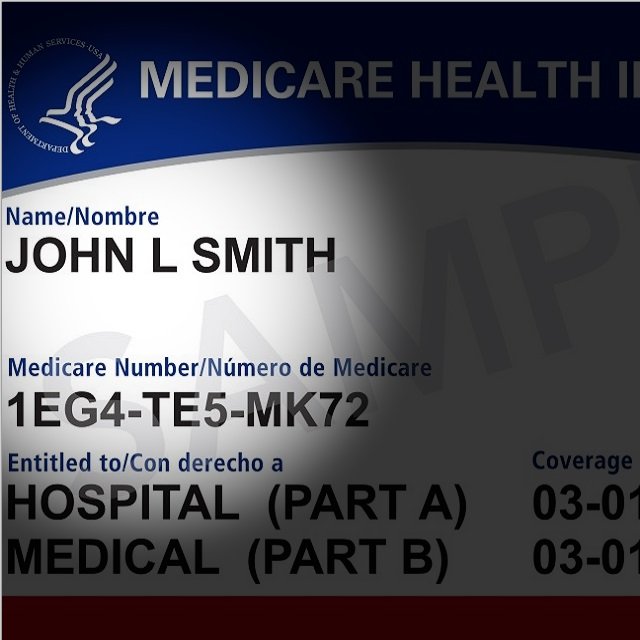How to Avoid Medicare Penalties: A Medicare Customer Question

What You Need to Know
Medicare has strict signup timing rules.
Clients who fail to meet the deadlines may pay higher rates for coverage.
You can help clients plan ahead and avoid those extra charges.
When your client is ready to apply for Medicare, proactive planning is more important than ever.
Now with more people working past the age of 65, more beneficiaries are called to actively explore their Medicare enrollment options before making a decision.
It’s a significant change from times when simply signing up for Social Security retirement included access to Medicare.
If a Medicare signup is not completed in line with the program’s rules, then beneficiaries can risk throwing their retirement savings plans off course by paying penalties that could last for many years.
This is because Part B and Part D Medicare penalties are not incurred as a one-time payment — they last for life.
So, it is important for beneficiaries to sign up for Medicare Part B and Medicare Part D when they are first eligible, and that timing is also affected by someone’s plans around working after 65.
The Question:
What Medicare penalties should clients be aware of?
The Answer:
Medicare Part A, which covers hospital services, only incurs penalties if one has to purchase Part A.
Often this is not the case as most people have premium-free Part A through Medicare taxes.
However, Medicare Part B, which covers hospital outpatient care and physician services, and Medicare Part D, prescription drug coverage, can carry monthly penalties for life if a beneficiary misses their initial enrollment period (IEP).
The IEP gives a window of seven months for a beneficiary to choose a plan that’s right for them.
Based on the person’s birthday — it begins three months before a beneficiary turns 65 years old, their birth month, and three months after their birth month.
The Centers for Medicare and Medicaid Services (CMS) sets the base premium rates on an annual basis, and these rates are the starting point from which penalties are calculated.
(Note: The national base premiums for Part B and Part D premium are also adjusted based on income.)
For Part B coverage, the late-enrollment penalty is a percentage of the monthly premium.
The amount starts at 10% and increases 10% for every full 12 months they delay enrollment.
For example, if someone waits 24 months to enroll, they face a 20% penalty on their monthly premium.




